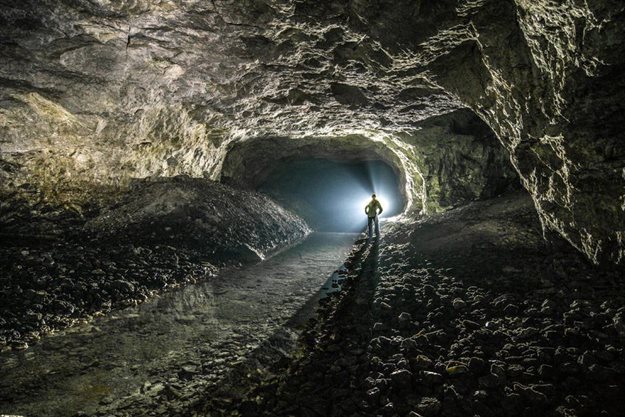
Top stories






More news


Marketing & Media
Ads are coming to AI. Does that really have to be such a bad thing?














At the Investing In African Mining Indaba, held in Cape Town in February 2019, the Minister of Mineral Resources and Energy, Gwede Mantashe, announced his department’s intention to split the Mineral and Petroleum Resources Development Act, 2002 (MPRDA) into two separate pieces of legislation: one focusing on minerals and the other, on upstream petroleum resources (i.e. oil and gas). It will be interesting to see how the Department of Mineral Resources and Energy (DMRE) implements these changes.
Fresh from the publishing of the latest version of the Mining Charter in 2018, communities again became a focal point. Two court cases were decided to shed more light on the role of communities in mining. These cases explore the tension that exists between land rights and the right to mine, which is promoted by the MPRDA. Both judgments affirm the link between the dignity of African communities and the land – which is considered to be their most treasured possession.
In Maledu and Others v Itereleng Bakgatla Mineral Resources (Pty) Ltd and Another, the Constitutional Court decided that communities with land rights protected by the Interim Protection of Informal Land Rights Act, 1996 (IPLRA) were deprived of their informal land rights by the award of a mining right. This deprivation requires the consent of the informal land right holders (i.e. the community) as required by the IPLRA in order for any mining to take place.
Closely following the Maledu judgment (about a month later), the High Court decided on the Xolobeni community case in Baleni and Others v Minister of Mineral Resources and Others. In this case, the Court found that communities which fell within the ambit of the IPLRA were afforded broader protection than common law landowners when it came to mining rights under the MPRDA. Essentially, the IPLRA imposes an additional obligation on the Minister to seek the consent of the community before granting a mining right. At the 2019 Mining Indaba, the Minister expressed concern that this interferes with the Minister’s authority to consider mining title applications and affords these communities with decision-making powers on mining title applications.
In light of these two cases, and the contemplated amendments to the MPRDA, we may see communities’ informal land rights being recognised in the new laws. However, the DMRE needs to clarify what constitutes a “community” and which communities should be consulted by a mining company seeking to start mining operations on the land.
Beneficiation remains a topical issue. The National Treasury published the Economic Transformation, Inclusive Growth, and Competitiveness: Towards an Economic Strategy for South Africa (or what some call the “Economic Growth Plan) which reaffirms government’s aim to promote beneficiation. However, neither the Economic Growth Plan, the proposed MPRDA Amendment Bill nor the MPRDA itself, specify how this beneficiation will be achieved.
It is difficult to be optimistic about this ‘renewed effort’ to promote beneficiation of minerals as there are still many hurdles in the way. It takes a stable electricity supply, the right expertise and skillset, and incentives from government, to grow a globally competitive beneficiation industry. South Africa is lacking in all three of these support pillars.
So, while the envisaged outcome of beneficiation may stimulate economic growth and lead to job creation, without the necessary infrastructure and commitment from the state, a well-functioning minerals beneficiation industry in South Africa remains an optimistic dream.